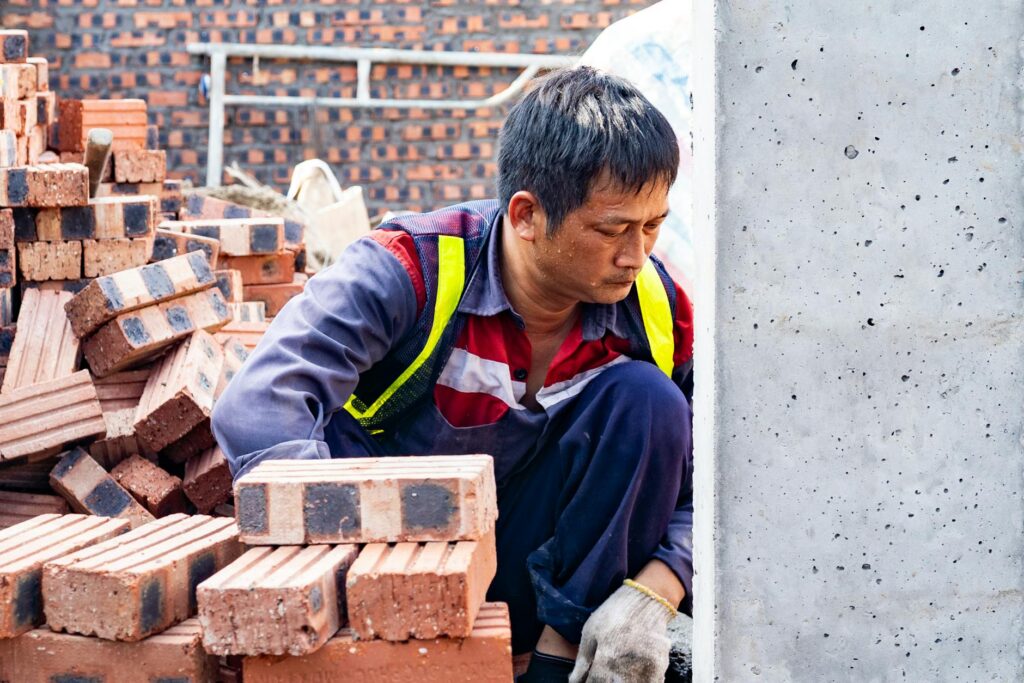Thinking about building a new home or structure? A solid foundation is crucial, and that often means a concrete foundation. But have you considered the cost? It’s a significant investment, and understanding the factors that influence the price is essential before you start digging.
Factors Affecting Concrete Foundation Costs
Several key elements determine the final cost of your concrete foundation. These include the size and type of foundation needed (slab, crawl space, basement), the quality of the concrete, the cost of labor in your region, and the complexity of the project (e.g., difficult excavation, soil conditions). 
Types of Concrete Foundations and Their Costs
Different foundation types have vastly different costs. A simple slab foundation is generally the most affordable, while a full basement foundation, requiring extensive excavation and concrete pouring, is the most expensive. Crawl space foundations fall somewhere in between. Understanding the pros and cons of each foundation type is a crucial first step. [IMAGE_2_HERE]
Concrete Material Costs
The cost of concrete itself varies depending on location and the type of mix required. Higher-strength concrete, needed for heavier structures, will naturally cost more. You should also factor in the cost of any necessary additives or reinforcement materials like rebar. Getting multiple quotes for the concrete itself is advisable.
Labor Costs: A Significant Factor
Labor costs represent a substantial portion of the overall expense. The cost of skilled labor varies widely depending on your geographical location and the current demand for construction workers. It’s important to get detailed quotes from multiple contractors that clearly outline labor charges. [IMAGE_3_HERE]
Excavation and Site Preparation
Before any concrete can be poured, the site needs preparation. This involves excavation to the required depth, removing unsuitable soil, and potentially adding fill material for a stable base. Difficult site conditions, such as rocky soil or high water tables, will significantly increase excavation costs. Proper site preparation is key to a long-lasting foundation.
Permits and Inspections
Remember to factor in the cost of necessary permits and inspections. These costs can vary by location and the complexity of the project. Always check with your local building department to understand the requirements and associated fees. Ignoring permits could lead to significant delays and even legal issues.
Additional Considerations: Unexpected Costs
Unforeseen issues can arise during the foundation process. Unexpected soil conditions, such as unstable ground or underground utilities, can lead to additional costs. It is advisable to factor in a contingency amount (10-15% of the total estimated cost) to cover potential surprises. [IMAGE_4_HERE]
Getting Accurate Estimates
To get the most accurate estimate, obtain multiple detailed quotes from reputable contractors. Ensure these quotes include all aspects of the project, from excavation to concrete pouring, including materials, labor, and permits. Comparing these quotes will give you a clearer picture of the likely costs. Getting competitive quotes is highly recommended.
In conclusion, the cost of a concrete foundation is influenced by several factors, from the type of foundation you choose to the complexity of the site and local labor costs. Careful planning and obtaining multiple quotes are crucial steps to ensuring you have a realistic budget and a strong, stable foundation for your project.
Frequently Asked Questions
What is the average cost of a concrete foundation? The average cost varies widely depending on location, size, and complexity, ranging from a few thousand dollars for a small slab to tens of thousands for a large basement foundation.
How can I save money on my concrete foundation costs? Consider simpler foundation designs, explore less expensive concrete mixes (if suitable for your project), and shop around for competitive pricing on both materials and labor.
What factors can unexpectedly increase the cost of a concrete foundation? Unforeseen issues such as unstable soil, underground utilities, or changes in design can dramatically increase costs. A contingency budget is always advisable.
How long does it typically take to complete a concrete foundation? The timeframe varies significantly based on the size and complexity of the project, weather conditions, and contractor availability. It’s best to discuss timelines directly with your contractor.
Can I DIY my concrete foundation? While it’s possible, it’s strongly discouraged unless you possess significant experience in concrete work. Incorrectly poured foundations can compromise the structural integrity of your building, leading to costly repairs later on.

